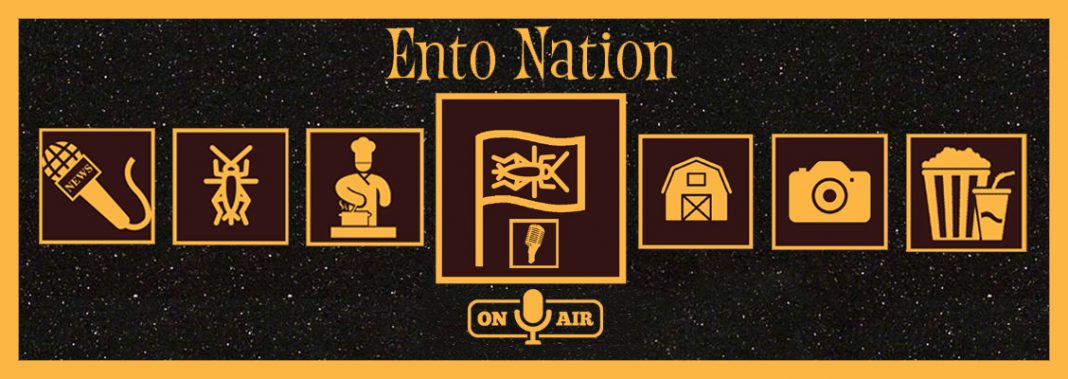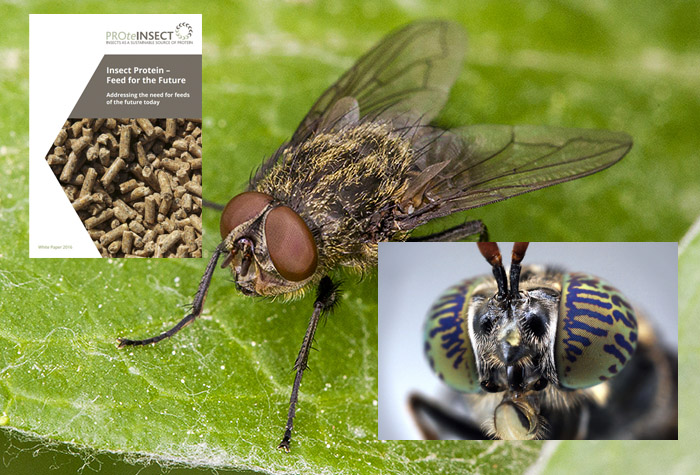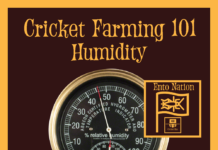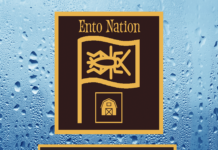Put out by PROteINSECT. They farm two species: Musca domestica (housefly) and Hermetia illuscens (black soldier fly).
PROteINSECT is a three year (2013-2016) EU-funded FP7 project enabling the exploitation of insects as a sustainable source of protein for animal feed and human nutrition…PROteINSECT brought together expertise from China, Africa and Europe to encourage and enable the adoption of fly larval protein in animal feed around the world.
The PROteINSECT project consortium has 12 partners from seven countries and is co-ordinated by Fera Science Ltd in the United Kingdom.
PROteINSECT research focuses on five key areas in order to evaluate insects as a novel source of protein for animal feed and to ensure that methodologies are sustainable and economically viable:
1. The development and optimization of fly larvae production methods for use in both developed and
developing countries at small and large scale.
2. Determination of safety and quality criteria for insect protein products.
3. Evaluation of processing methodologies and the evaluation of crude and refined insect protein extracts in
fish, chicken and pig feeding trials.
4. The assessment of the optimal design of insect-based animal feed production systems utilising the results of
a comprehensive life cycle analysis.
5. Creation of a pro-insect platform in Europe to encourage discussion about, and ultimately adoption of,
sustainable production technologies to include examination of the regulatory framework.
In the European Union, the use of insects as a source of protein for animal feed for animals raised for human consumption is currently not possible due to requirements under Regulation EC 999/2001. Insect protein reared on plant-based material for pets is not covered by these requirements and is therefore permitted in pet food. PROteINSECT has evidence to support the rearing of flies on organic substrates currently considered as
waste produced by the agriculture and food industries. Under EC regulation 1069/2009, insects reared for the production of Processed Animal Proteins (PAP) would currently be considered ‘farmed animals’ and are therefore prohibited from being fed on manure or catering waste.















